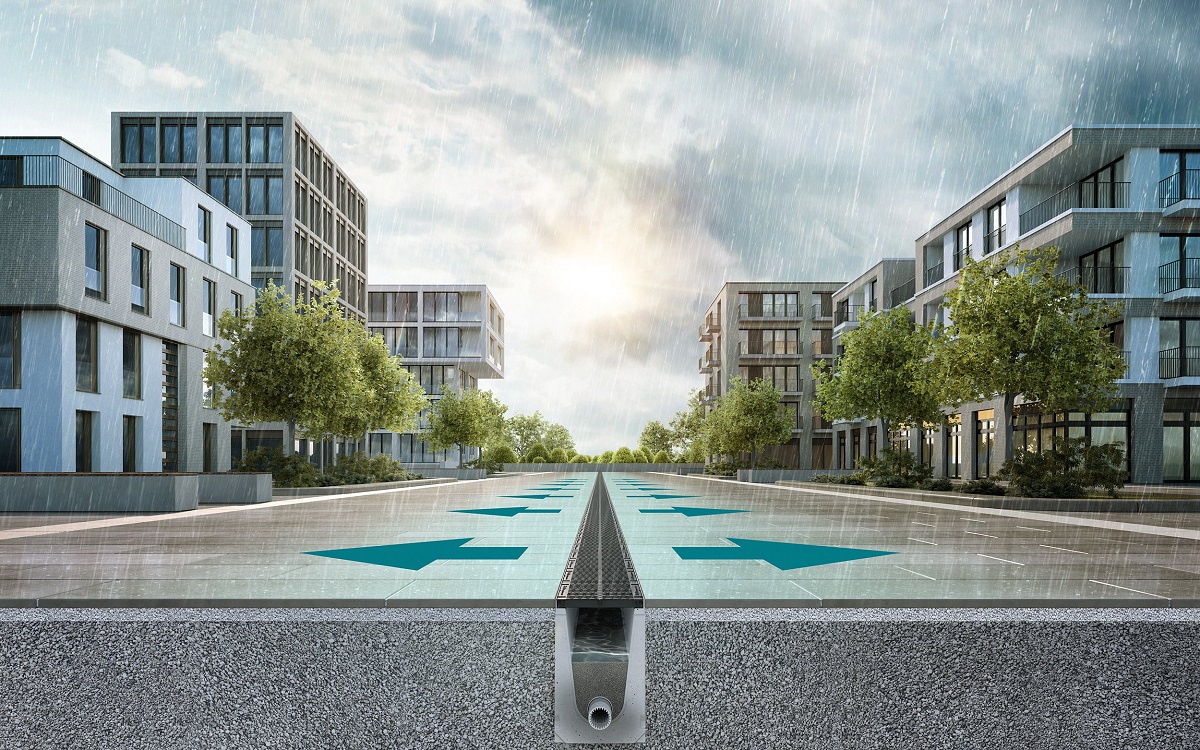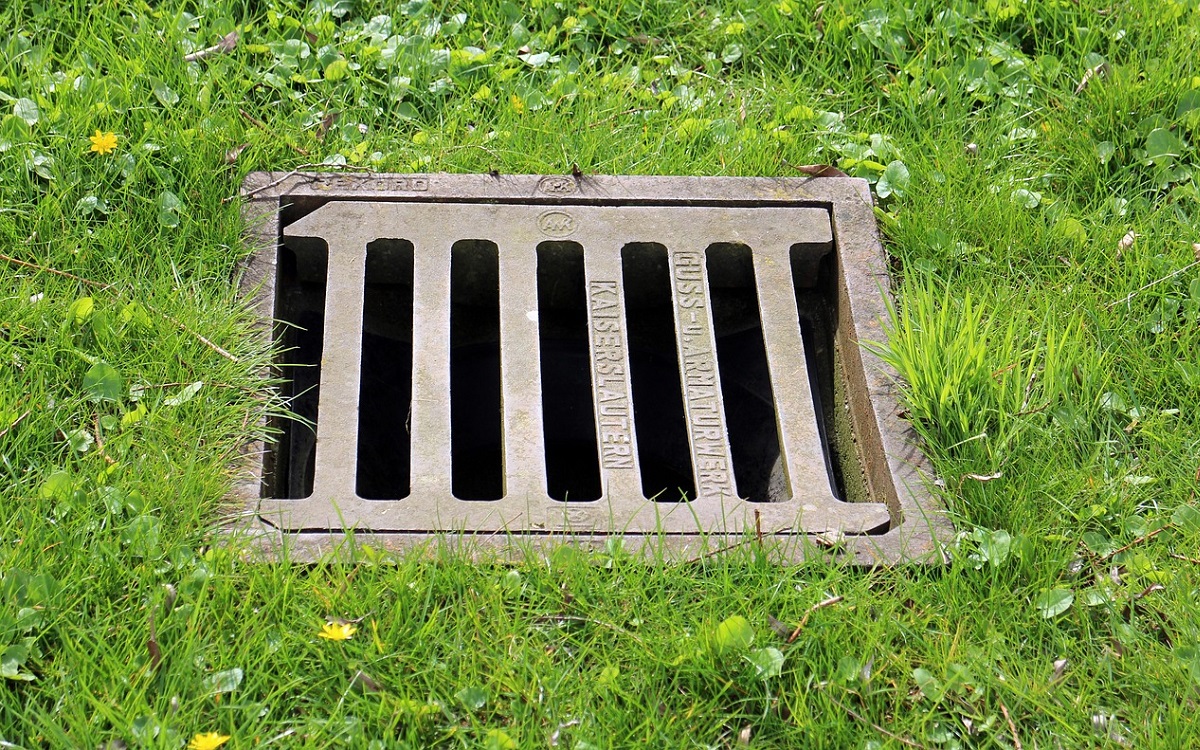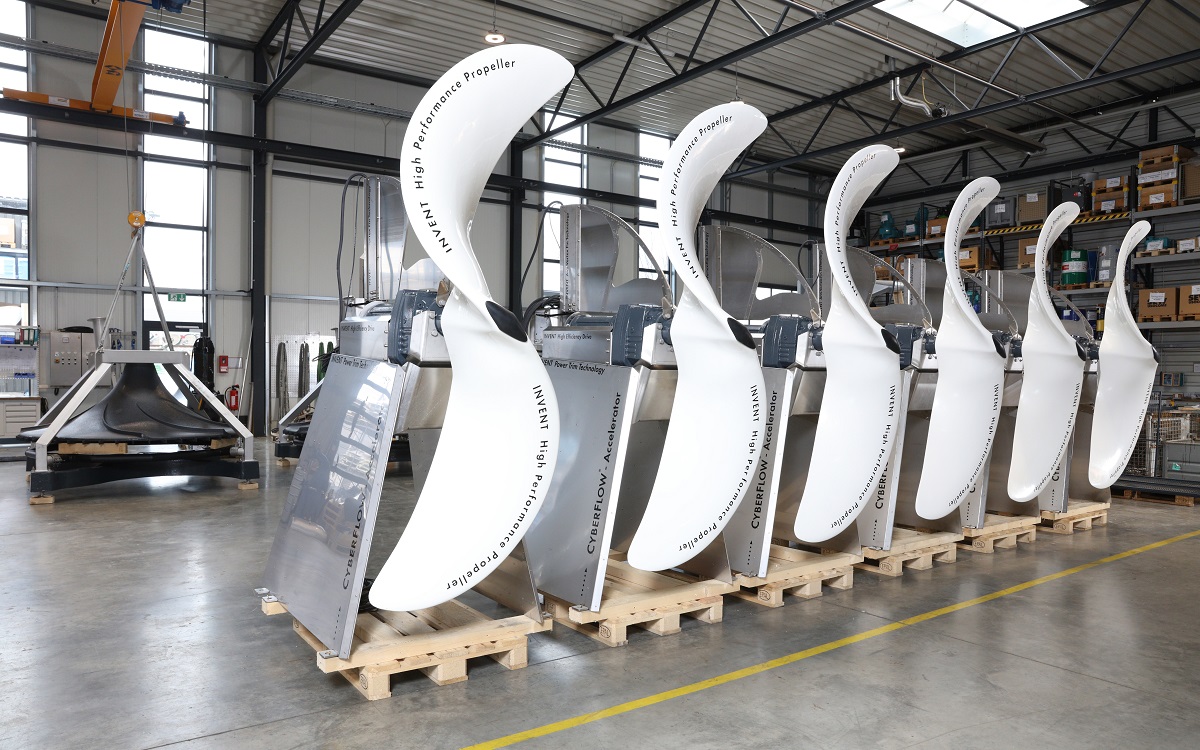A practical guide to MBRs − getting them going, keeping them running’ is delivered online and draws on the 25 years of specialist knowledge of the subject from the course tutor, Simon Judd. This four-hour course focuses on the basics of membrane bioreactor technology, emphasising the real-world elements. It includes a tutorial where delegates can individually tackle a design problem, as well as an interactive exercise and an extended Q&A session.
Facts about the course
This course provides a succinct insight into the practicalities of implementing MBR technology for municipal wastewater treatment. It is suitable for anyone with an interest in the technology, including process operators, technologists, researchers, consultants and contractors, and includes interactive elements to reinforce the learning.The course occures on the 24th of February 2021 (Rest of World) and the 26th oh February 2021 (United States) and is limited to 20 delegates and covers the following topics:
- Membrane module and MBR process configurations − Membranes: flat sheet, hollow fibre, and multitube; polymeric and ceramic materials | Processes: Immersed and sidestream; aerobic and anaerobic
- Membrane separation process fundamentals and key parameters − Flux, pressure, permeability, air scour
- Biological treatment fundamentals and key parameters − MLSS, HRT, SRT, F:M
- MBR process design − Pretreatment requirements | Comparison with CASCommercial technologies
- Commissioning
- Operational challenges − Membrane integrity testing | Fouling and clogging | Foaming
- Case studies.
The course can be run on demand for individual organisations or may be delivered as a publicly accessible course, and includes US and metric units as required. Delegates will be individually issued with a pdf certificate of completion, digitally signed by the course leader which will stipulate the following information:
Training organisation: Judd Water & Wastewater Consultants
Training title: A Practical Guide to MBRs
Number of contact hours: 4
Date of completion: [course date]
For more information click here.





